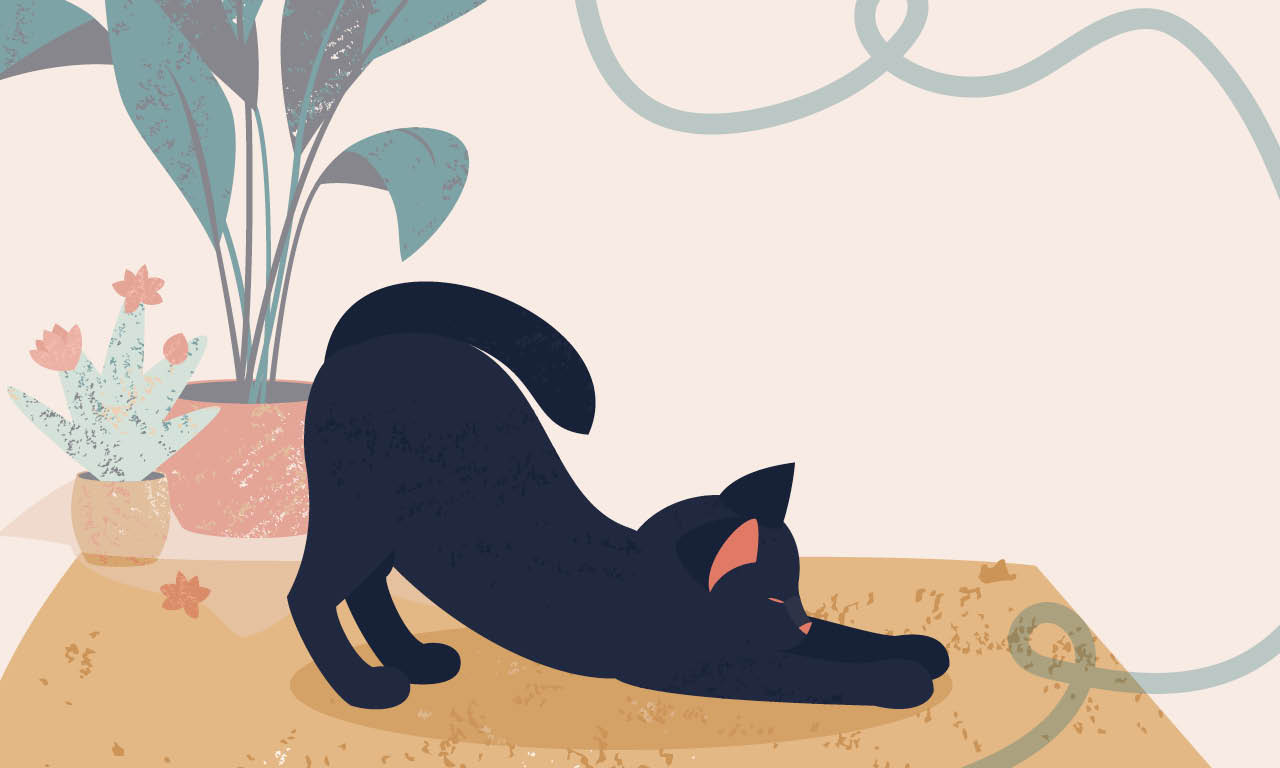Joint Health and Arthritis
Take charge of joint pain
Pain, stiffness and swelling around the joints — for those who are living with arthritis, these symptoms are all too familiar. There are more than 100 types of arthritis, according to the Centers for Disease Control and Prevention (CDC)*. They include:
-
Osteoarthritis
-
Rheumatoid arthritis
-
Gout
The disease is more common in older adults. But there’s even a type that affects children.
Are you at risk?
Experts aren’t sure what causes every type of arthritis. Genetics, lifestyle and environment may all play a role. Some risk factors for arthritis — such as age, gender and family history — are out of your control. But you do have some control over risk factors such as:
-
Being overweight or obese
-
Certain infections
-
Joint injuries
-
Occupational stress
-
Smoking
If you have pain, swelling or stiffness, you should talk with your doctor.
What steps can you take to ease symptoms?
The CDC offers these tips for those who are living with arthritis:
-
Learn self-management skills. Take an active role in your treatment plan. Develop strategies to manage your symptoms. And stay engaged in daily activities.
-
Be active. Regular physical activity can help ease discomfort. It can also improve your range of motion and boost your mood.
-
Work with your doctor. Follow your treatment plan. Stay on top of regular appointments. Ask questions, if you have them. And report any new symptoms.
-
Manage your weight. Excess weight puts stress on your joints.
-
Protect your joints. Don’t risk injuries that could make your arthritis worse.
*The CDC is an independent organization that offers health information that members of BlueCross BlueShield of South Carolina may find helpful.
Stay as Flexible as a Feline
Our bodies are designed to help us get the most out of each day. But we must do our part to give our joints nine lives. It’s never too late to make an extra effort to keep your joints healthy.
Exercise, a healthy diet and a tobacco-free lifestyle are essential to maintaining healthy joints and your overall health. The positive choices you’re already making can benefit your joint health for years to come.
Joint care
Physical fitness experts say we should combine aerobic activity, flexibility exercises and muscle strengthening to keep our joints healthy for life. Here are some examples:
- Cross-train by trying different activities each time you exercise.
- Try active stretching exercises, such as yoga or tai chi, to help maintain flexibility.
- Do low-impact activities, such as walking, swimming or bicycling.
No matter which exercise you choose, be sure to start with a brief warmup followed by some stretching exercises. Don’t forget to cool down and stretch after your workout, as well.
Experts say hydration is beneficial to joint health. Water makes up 70 to 80 percent of cartilage, the flexible tissue that cushions your joints. If you don’t stay hydrated, a lack of fluid in your cartilage could cause joint pain. Make sure you drink plenty of water each day.
Maintaining a healthy weight is beneficial for many aspects of your health, and it’s especially important for your joints. For example, each pound you lose can reduce the load on your knee joint by 4 pounds. Keep off extra weight to protect your joints.
Joint pain management
If you’re having joint pain that won’t go away, talk to your doctor. He or she will be able to help you choose an effective way to relieve your pain. Your options might include:
- Over-the-counter medications, such as aspirin or ibuprofen.
- A topical cream.
- Steroid injections, platelet-rich plasma therapy or prolotherapy.
- Physical therapy.
- Home remedies, such as use of a brace or wrap, rest, icing, compression, elevation or a heating pad.
- Alternative treatments, such as glucosamine or chondroitin supplements.
If your joint pain suddenly grows more severe or you become unable to use the joint at all, get medical help immediately.
Make an extra effort to protect your joints to keep them healthy long into the future.





















